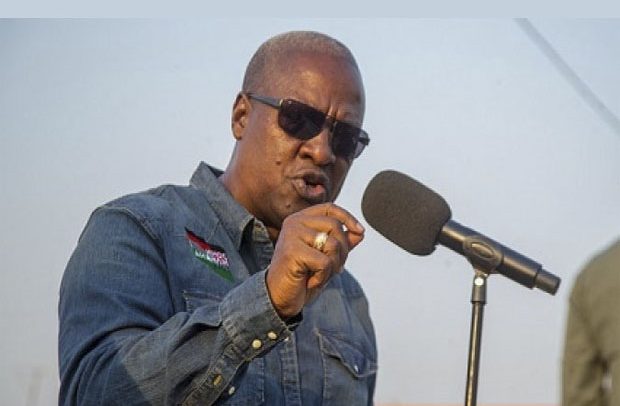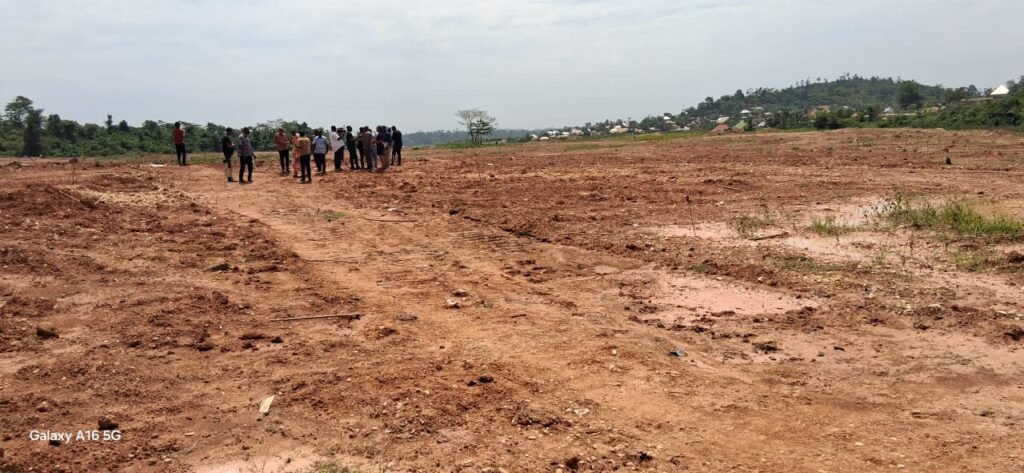
By Kestér Kenn KLOMEGÂH
Undoubtedly, majority of African countries have consistently supported the sovereignty and territorial integrity of Ukraine within the framework on international organizations in the face of Russian military aggression. Several reports have shown that Africa continues to collaborate with Ukraine through its unwavering support of its territorial integrity at the UN General Assembly against Russia’s invasion. Russia refers to it as ‘special military operation’ which it began late February 2022 to denazify and to demilitarize its neighbouring former Soviet republic. Soviet republics including Ukraine became a sovereign, independent after Soviet’s collapse in 1991.
These couple of years; Ukraine has intensified its political dialogue with African countries. Foreign Minister Dmytro Kuleba visited a number of African countries, emphasized in discussions the importance of forging bilateral relations and the possibility of establishing extraordinary trade and economic cooperation. Moreover, Ukraine has seriously taken a strategic move to tap into the potential opportunities provided by the African Continental Free Trade Agreement (AfCFTA), its secretariat headquartered in the Republic of Ghana. And there is evidence that African countries highly appreciated Ukrainian overwhelming efforts at building and bolstering such ambitious mutual relations in the continent.
With African countries, Maksym Subkh pledged to continue collaborating in economic, educational and political spheres, and has already signed a series of collaborative pacts in Africa. Ukraine and Africa are prioritizing collaboration in economy, agriculture, transportation, industrial equipment and telecommunication, among other areas. Beyond that, it is strengthening people-to-people ties, with civil society organizations and also developing strong grounds for public diplomacy at different levels between Ukraine and Africa.
Under the aegis of the Ukraine’s Foreign Ministry, new diplomatic representations were opened across Africa, including those in Ghana, Uganda and Rwanda. This signals a commitment to mutual understanding and further to fostering closer partnership and enhancing cooperation on various fronts, with the continent’s fastest-growing economies, and optimism for building the future of Ukrainian-African relations. Generally, Ukraine always underscores readiness towards contributing to regional stability and diverse economic development objectives, recognizes Africa’s growing importance as a key player in current geopolitical landscape.
On April 22, Special Representative of Ukraine for the Middle East and Africa, Maksym Subkh recieved more copies of credentials from newly-appointed ambassadors including those from Africa. Non-Resident Ambassador of the Republic of Uganda to Ukraine at the residence in Berlin, Stephen Mubiru, noted the positive steps on the way to further strengthening bilateral relations, and underlined Uganda’s unwavering support for Ukraine’s sovereignty and territorial integrity within the recognized international laws. The Ugandan also informed about the holding of the Global Peace Summit in Switzerland.
In the context of the implementation of the Ukrainian Peace Formula of the President of Ukraine Volodymyr Zelenskyy, Maksym Subh expressed his gratitude to Uganda for the participation of the Special representative of the President of Uganda as part of the African peacekeeping mission that visited Kyiv last June, 2023.
Despite its present unpredictable situation, Ukraine still offers agricultural supplies to a number of African countries to ensure their food security. Ukraine’s Agrarian Policy and Food Ministry, in an April briefing report, indicated that over 200,000 tonnes of food to Africa under the Grain from Ukraine program. According to the ministry, majority of the recipients are located in East Africa, and listed Somalia, Uganda, Ethiopia and Nigeria. Kenya has been provided with 25,000 tonnes of grain. A series of agreements for an increased delivery were considered by the representatives of the Chamber of Commerce and Industry of the Eastern Africa Grain Council and the Ukraine’s Agrarian Policy and Food Ministry.
During the fourth quarter of 2023, Ukraine changed agricultural exports geographically against the backdrop of the crisis. Exports to other regions have decreased, with Africa’s share falling to 7% from 14% and that of Asia to 12% from 19%, this was attributed to Russia’s confrontational steps by installing blockade of Ukrainian seaports according reports.
Ukrainian media quoted Volodymyr Zelenskyy as saying that Ukraine was interested in a strategic partnership with African nations. “This should happen in the cultural field, the economic field and in the field of respect between people, without breaching your and our rights or affecting your and our freedom. We respect any country that respects us,” Zelenskyy said.
“We invite our African partners to search for as much common ground as possible, and we feel the readiness of African countries to cooperate with Ukraine more actively,” Ukrainian media quoted a statement by Ukrainian Prime Minister Denis Shmygal released by the government press service.
As frantic steps to strengthen the development of strategic cooperation with Africa through public-private partnerships, Ukrainian President Volodymyr Zelenskyy held discussion during the meeting of Ukraine-African Union. We can also recall here that African delegates to the second Russia-Africa summit held in St. Petersburg July 27-28 expressed sadness over Russia’s fierce resistance to renew the Black Sea grain deal that allowed Ukraine to export grain through its Black Sea ports to the world.
South African President Cyril Ramaphosa and Senegalese counterpart, Macky Sall, raised this question when the group presented the peace plan in June 2023 in St. Petersburg. That was followed by Comoros President Azali Assoumani, who headed the African Union (from 2022-2023), together with African Union Commission Chairman Moussa Faki Mahamat passionately called for an “urgent” restoration of the Black Sea grain deal at that summit in St. Petersburg.
The continental organization African Union and African States have advocated for peace resolution for Russia-Ukraine conflict and possibly through dialogue. Russia underestimated the peace initiatives of the African group. It has also rejected the peace initiatives raised by China (BRICS member). Long before the start of the Russia-Ukraine conflict, BRICS collective declaration has called for global peace and development. BRICS has called for resolving conflicting issues through dialogue and negotiations. These questions form significant aspects of its joint communiques and declarations.
Ukraine has cordial working relations with the continental organization, the African Union, and with African countries. African countries adhere to issues within the international law. Africa countries respect the sovereignty and the territorial integrity which African leaders always referenced or quoted in high-level official speeches. It however continues stepping up its foreign policy on Africa aims at a Ukrainian-African renaissance. Ukraine, despite the obstacles and roadblocks, its current war or conflict whatever (special military operation) conditions perpetuated by neighbouring Russia, to a large extent, has prioritized Africa in its foreign policy. This has been widely acknowledged by Africa leaders and the African Union.
The post Uncomfortable truth: Africa supports Ukraine’s sovereignty and territorial integrity appeared first on The Business & Financial Times.
Read Full Story















Facebook
Twitter
Pinterest
Instagram
Google+
YouTube
LinkedIn
RSS